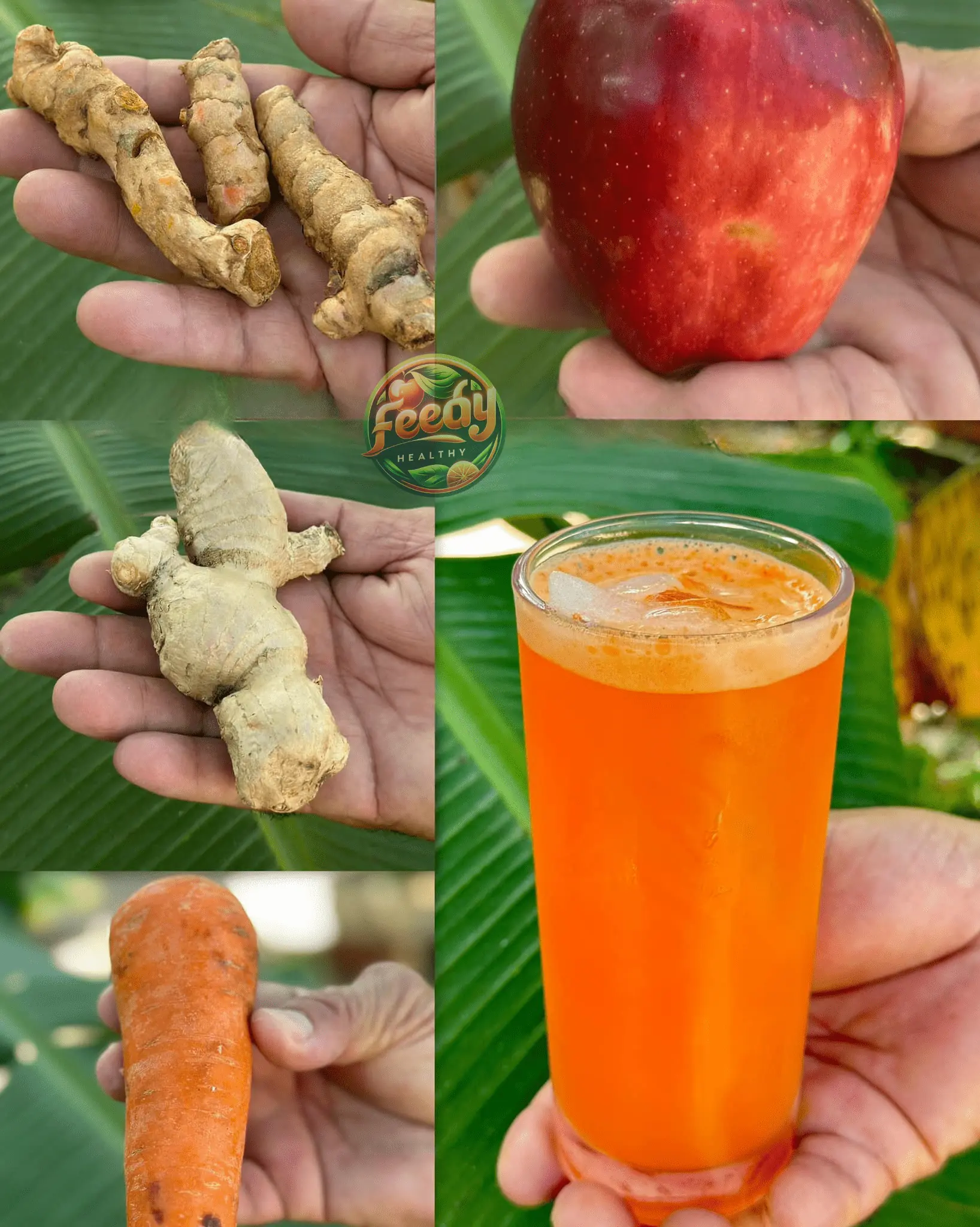
Healthy 23/02/2025 20:59
The Ultimate Guide to Morel Mushrooms: Foraging, Cooking, and Health Benefits
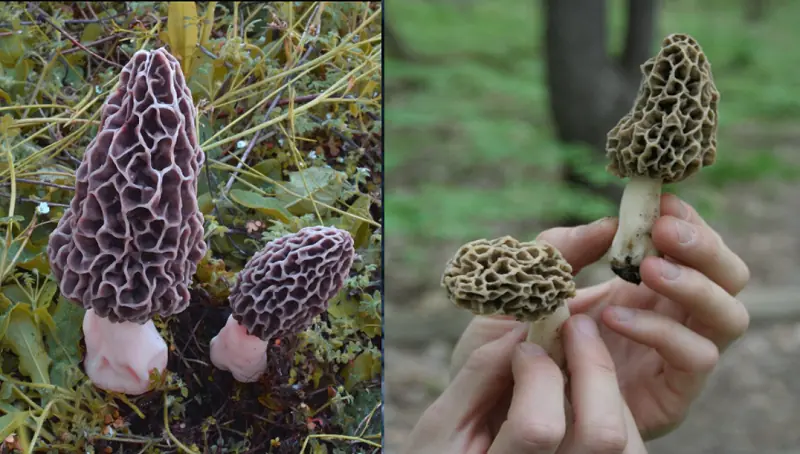
News in the same category

Healthy 24/02/2025 02:02
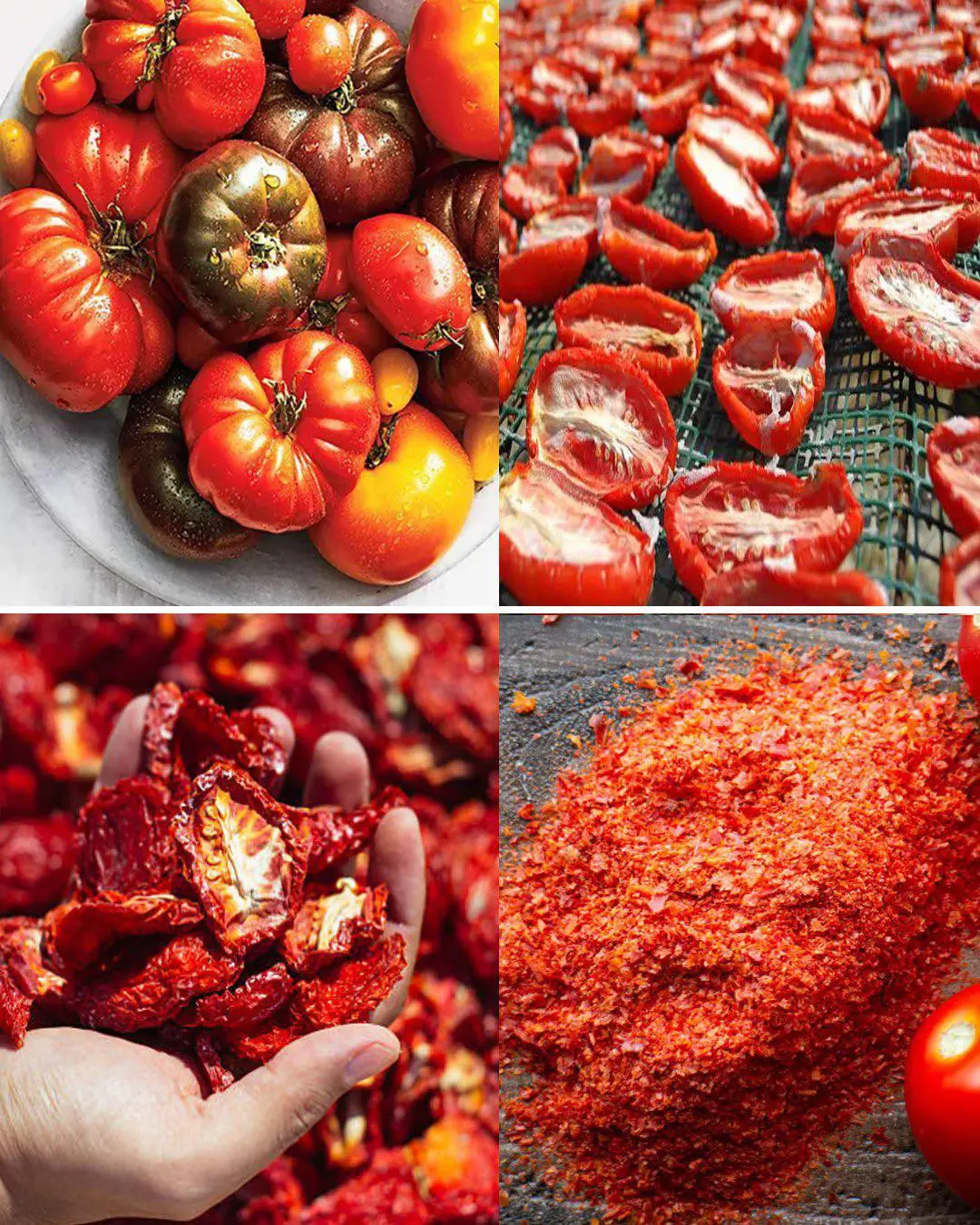
Turn Overripe Tomatoes into Flavorful Tomato Powder Instead of Waste
Healthy 24/02/2025 01:06

Dates & Papaya: A Powerful Duo for Your Health
Healthy 24/02/2025 01:01
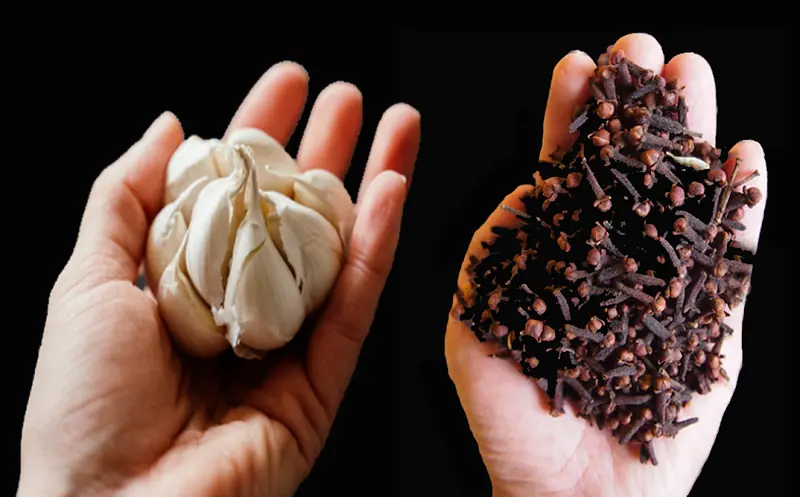
Garlic, Honey, and Cloves – A Powerful Natural Remedy for Better Health
Healthy 24/02/2025 00:50
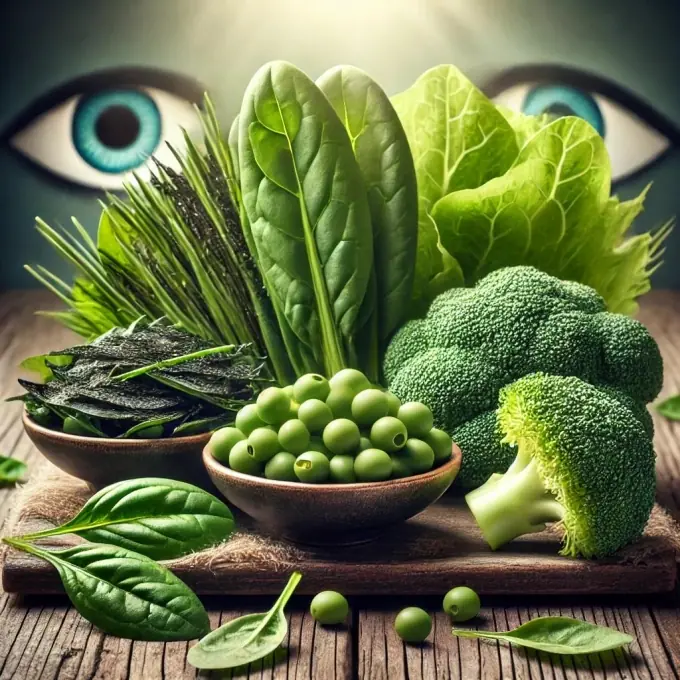
5 Essential Leaves to Naturally Enhance Eye Health
Healthy 24/02/2025 00:43
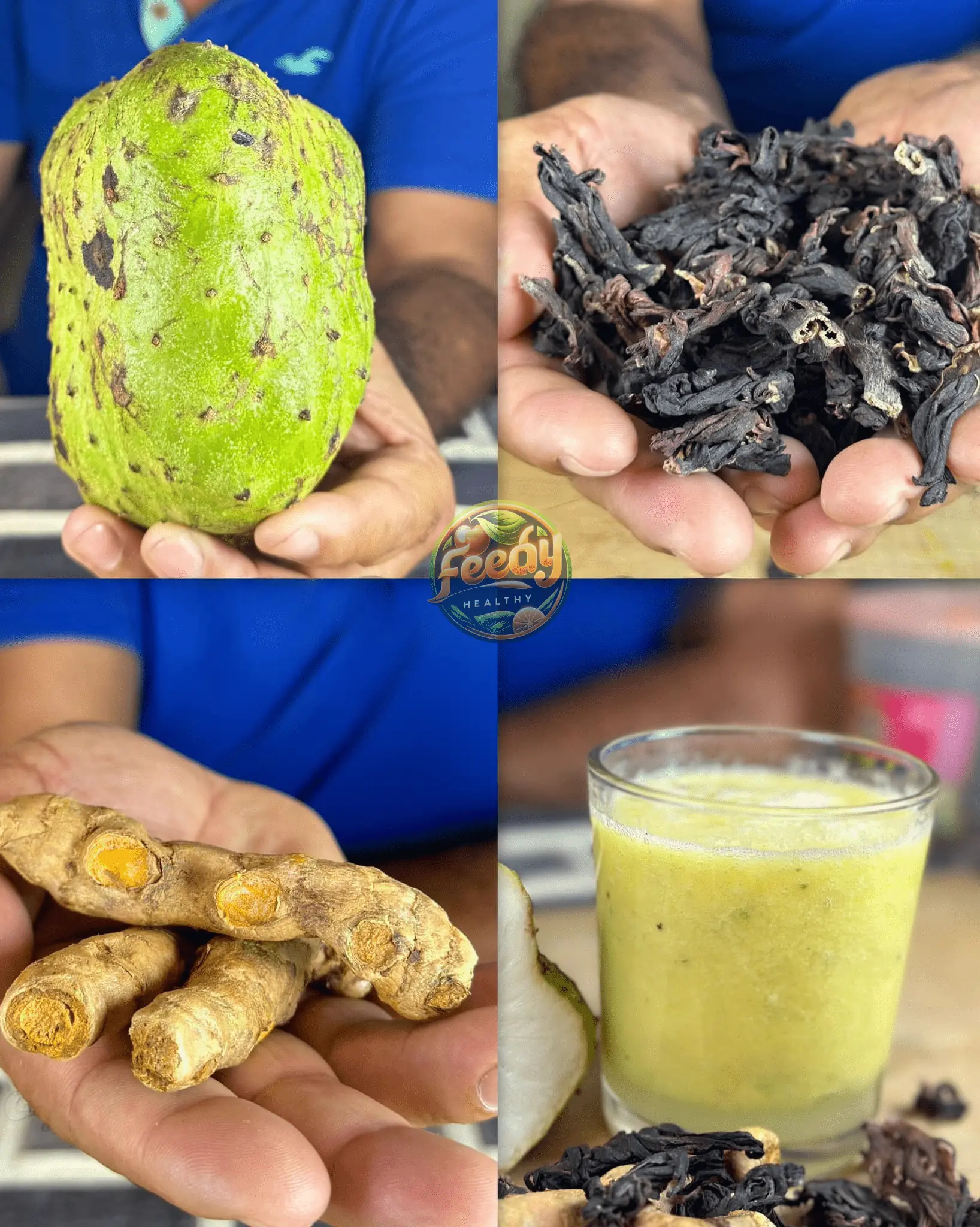
The Drink That Will Empty Hospitals in 2025 – Cures Diabetes, High Blood Pressure, and Cancer Without Medication
Healthy 24/02/2025 00:18
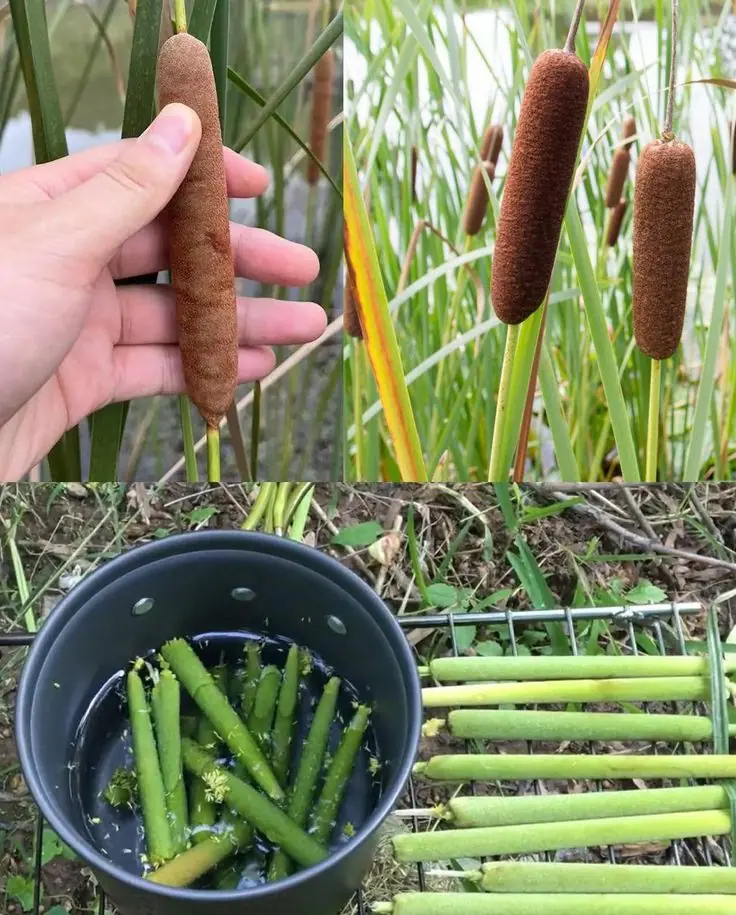
Cattails: Nature’s Hidden Treasure for Nutrition and Survival
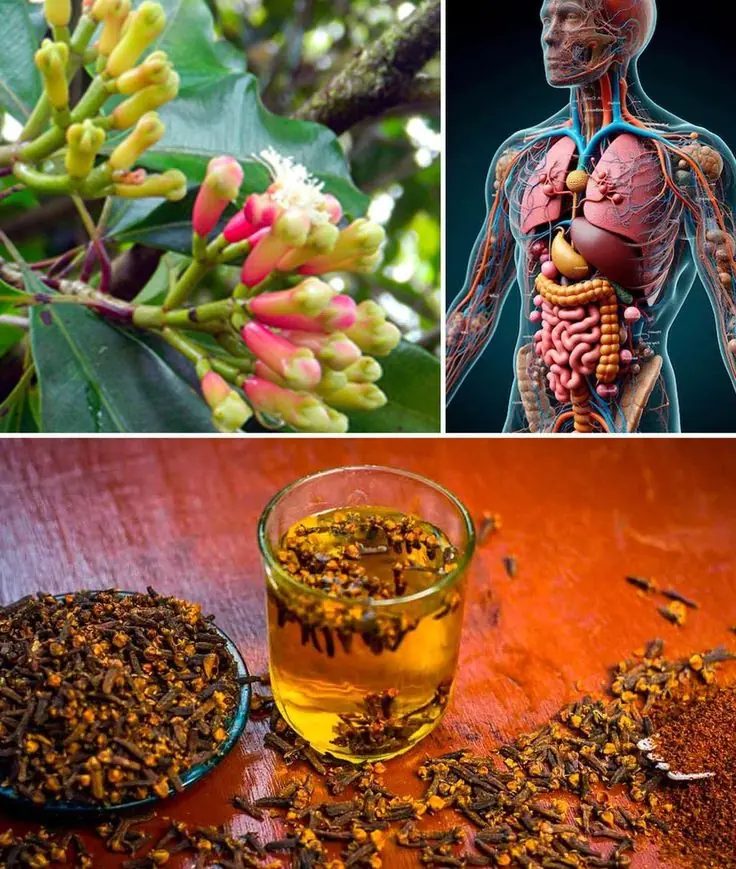
8 Surprising Benefits of Water Cloves You Probably Didn’t Know About

Papaya Sap: Nature’s Hidden Elixir for Health and Wellness
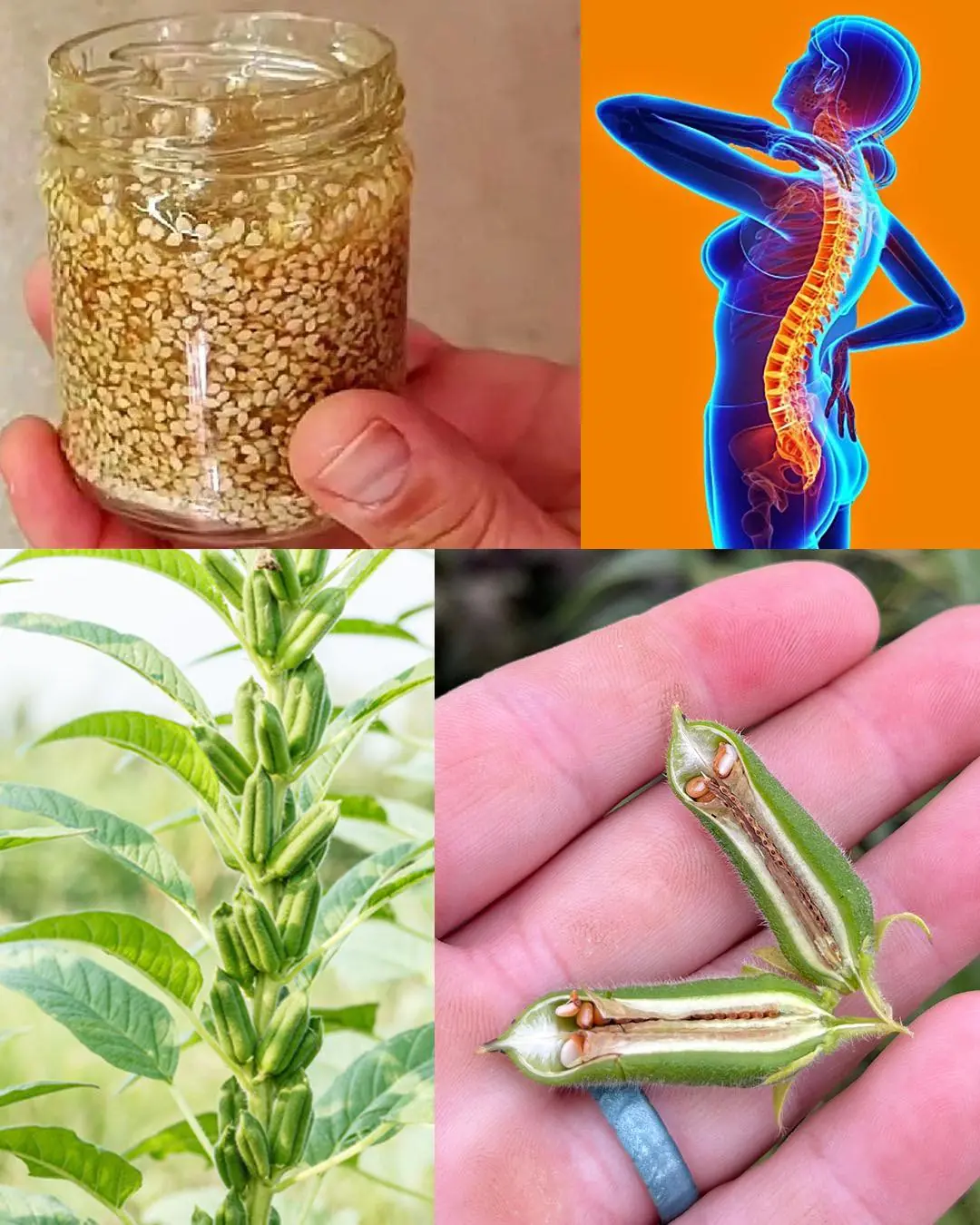
10 Incredible Health Benefits of Eating Sesame Seeds Daily – A Teaspoon a Day Can Transform Your Health!

Rise in Cancer Under 45: The Ultra-Processed Food Connection
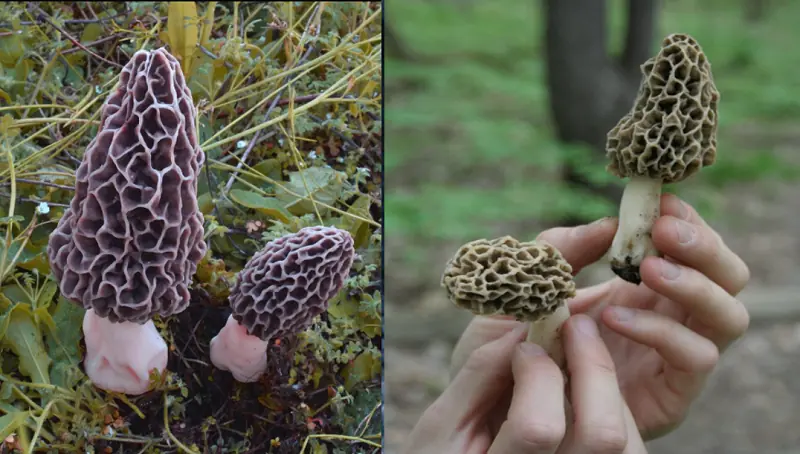
The Ultimate Guide to Morel Mushrooms: Foraging, Cooking, and Health Benefits
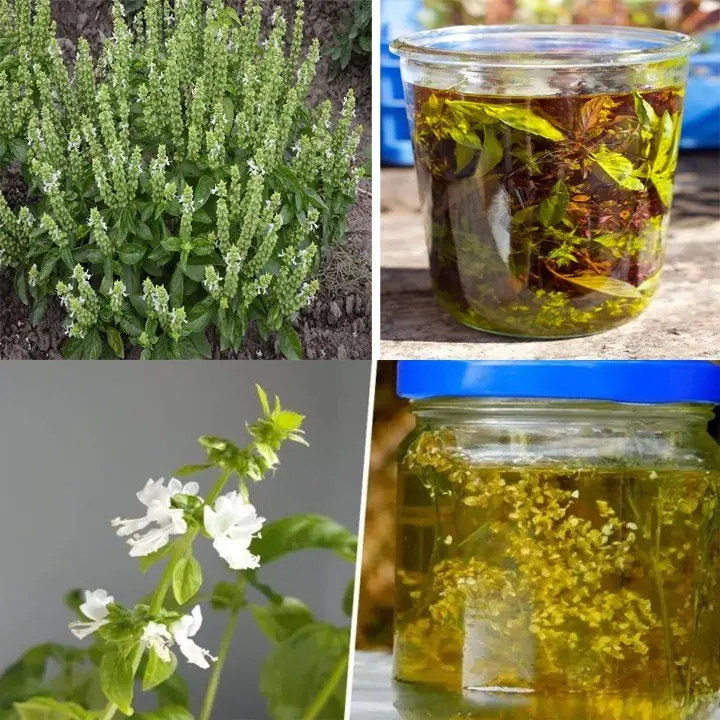
Never Throw Away Basil Flowers: 5 Incredible Ways to Use Them
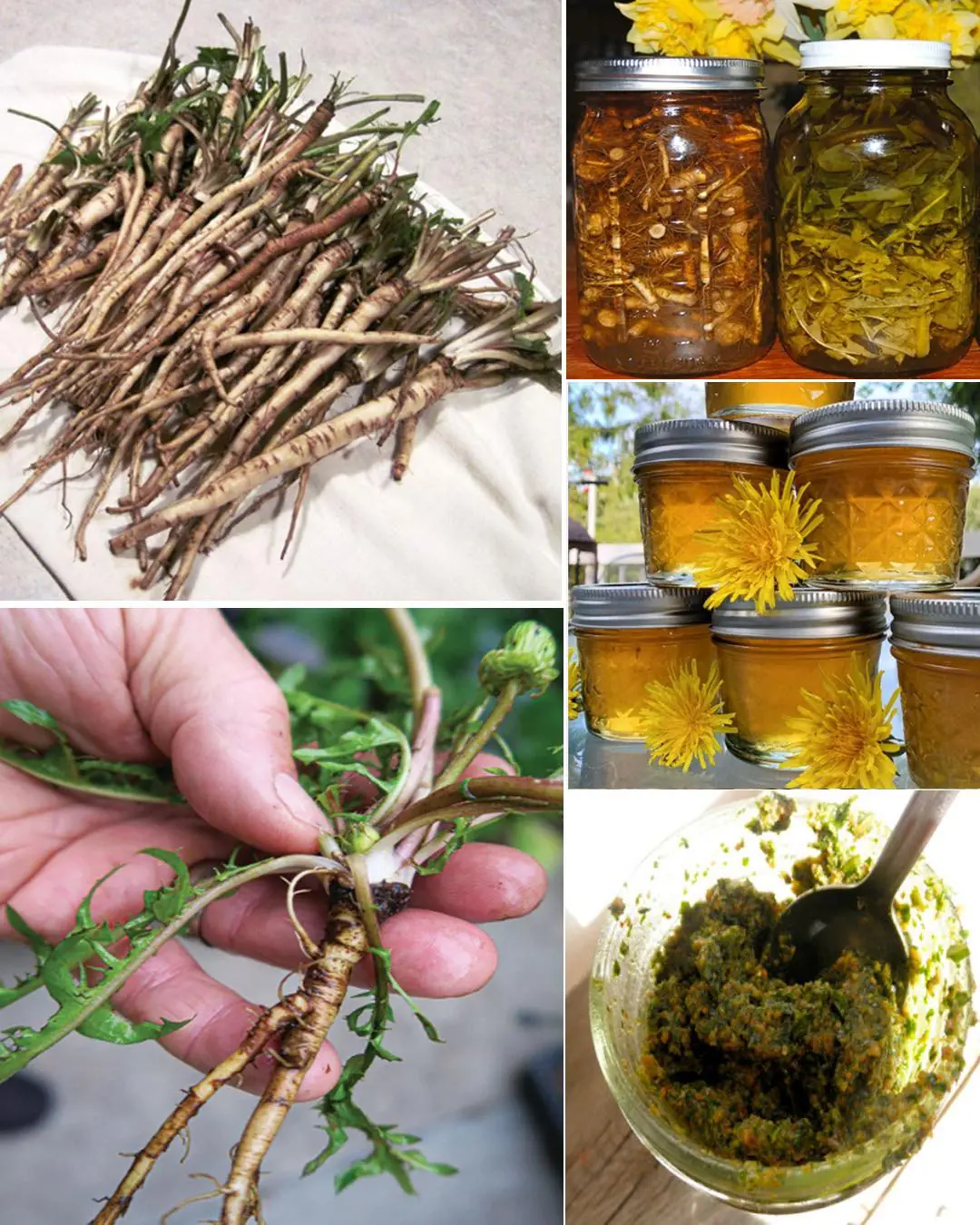
11 Powerful Health Benefits of Dandelion Roots
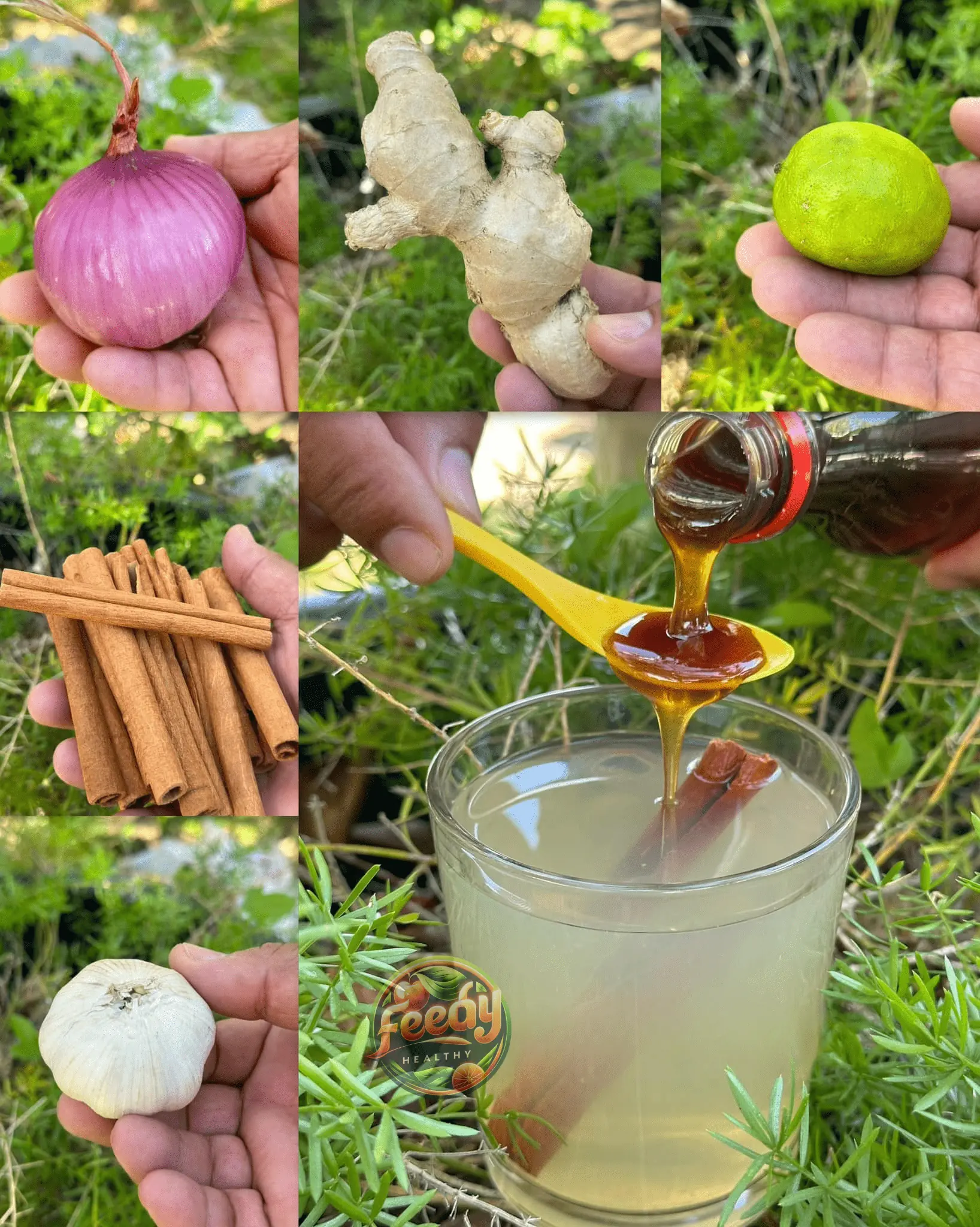
Eliminate Dry Cough, Lung Phlegm, and Sore Throat Naturally
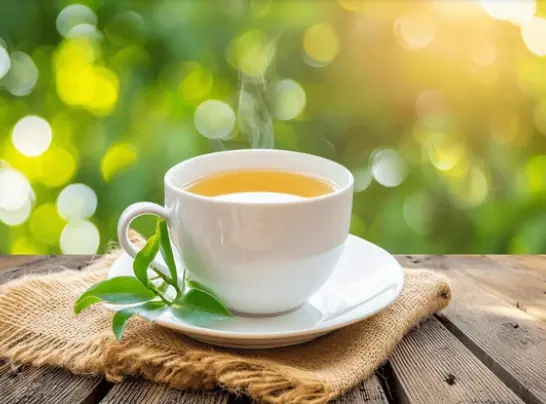
The Ultimate Morning & After-Meal Tea: A Health-Boosting Blend
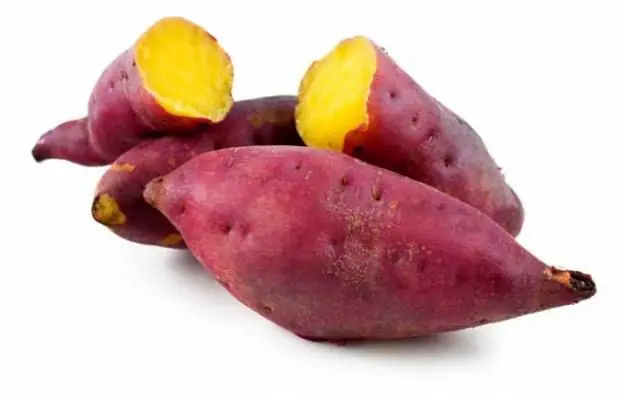
Sweet Potatoes: The Delicious Superfood You Need in Your Diet! 🍠💪
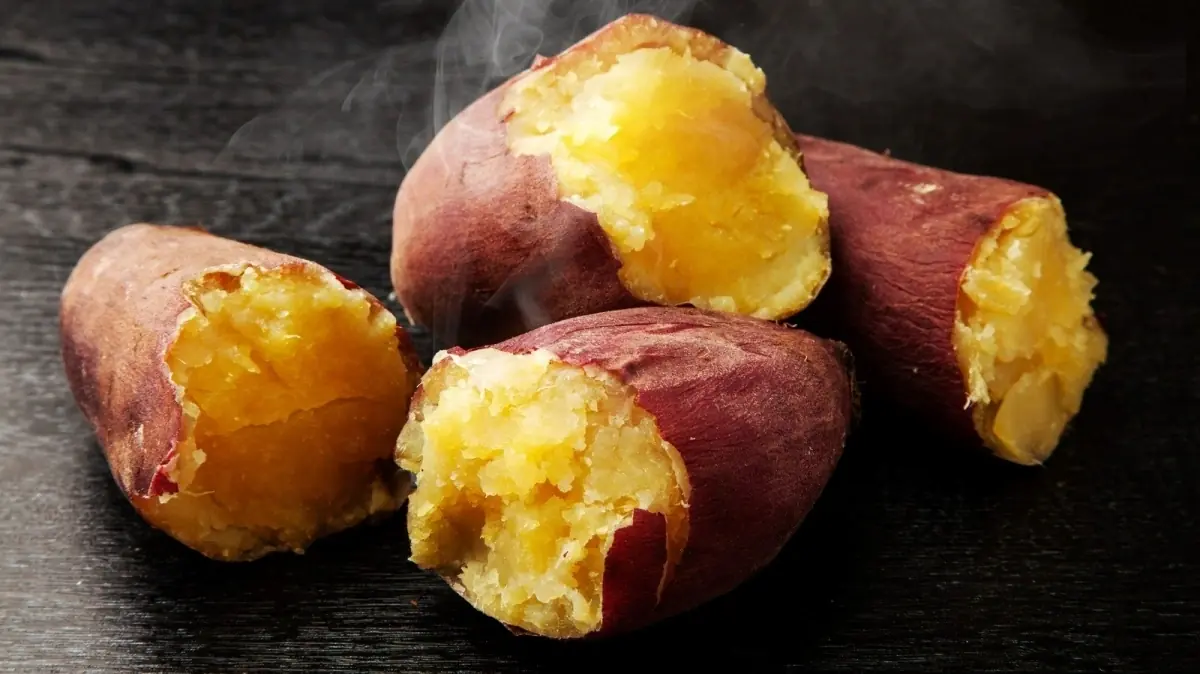
A survey of 260,000 people by Japanese researchers suggests that sweet potatoes are the best food to fight cancer. Is that really true?

Secret military drink for losing weight 20 kg in a month, quickly melts fat on the belly and body
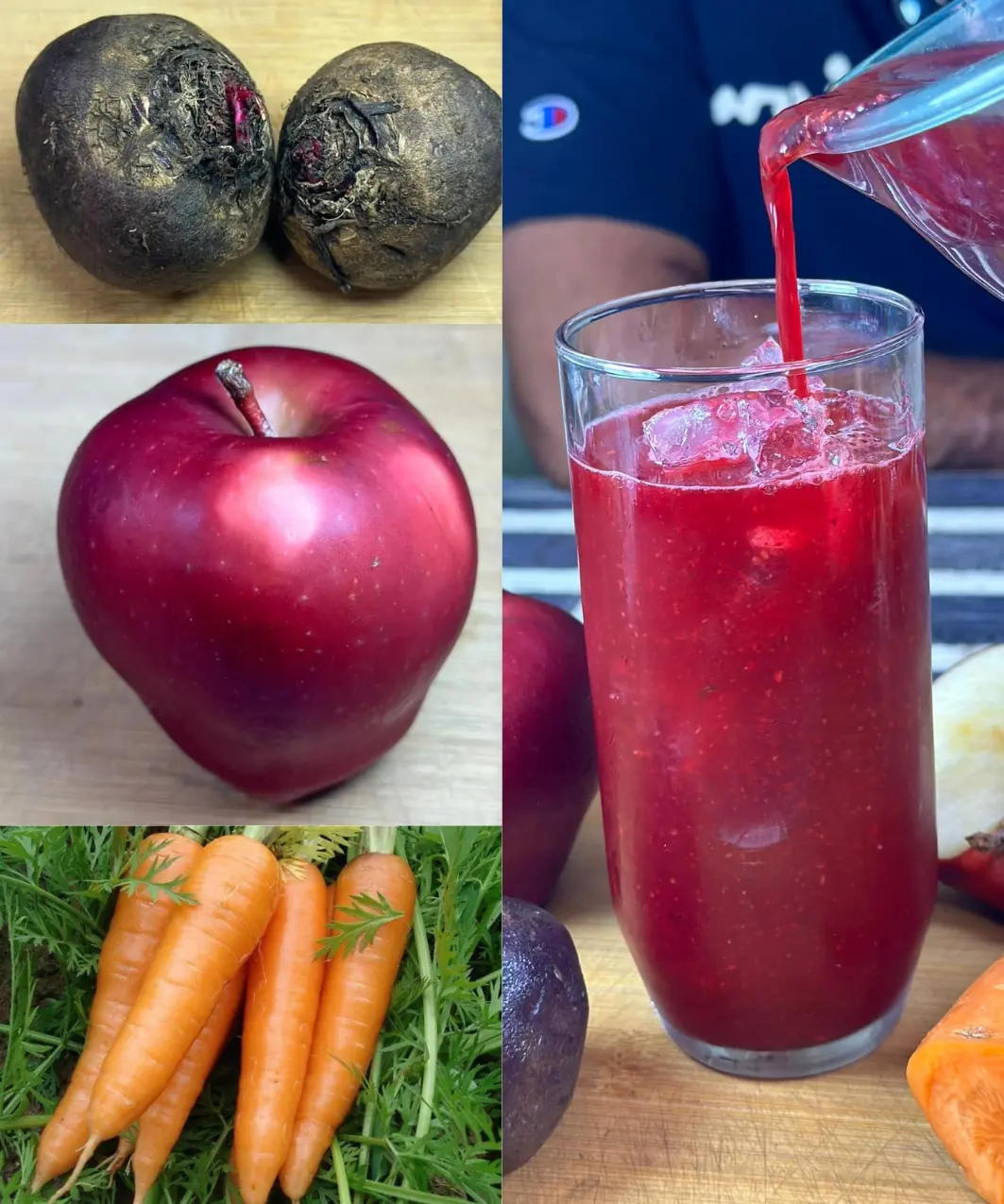
Remove Anemia, Restore Your Vision, and Cleanse Your Liver!!!
News Post

Recommended this smoothie, and one glass a day was sufficient to naturally resolve these problems.
Healthy 24/02/2025 02:02

The Real Culprit Behind High Blood Pressure Isn’t Salt – It’s This! Stop Overeating It Before It’s Too Late
Health News 24/02/2025 01:52
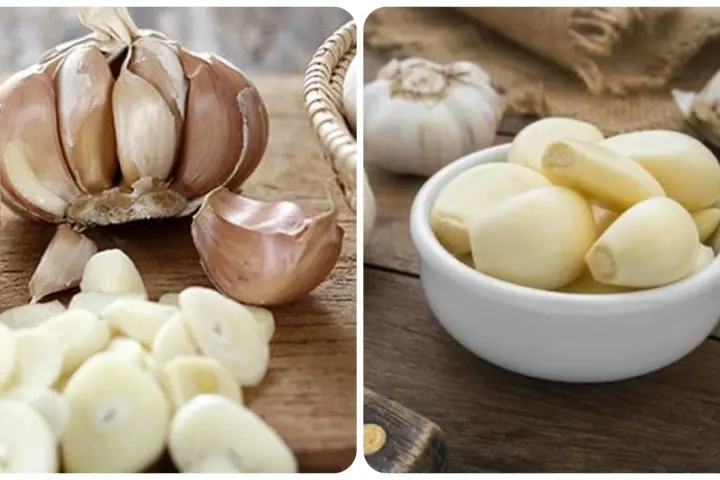
A 59-Year-Old Man Ate Raw Garlic Daily for Its Antibacterial and Anti-Tumor Properties—What Happened to His Health After Six Months?
Health News 24/02/2025 01:40
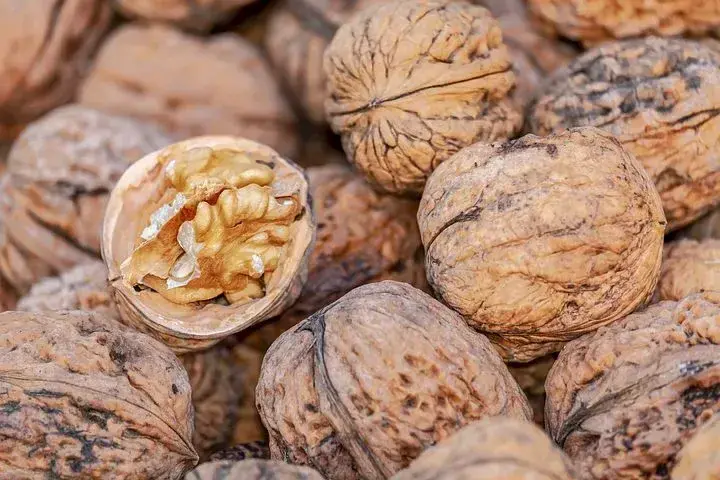
If Budget Allows, Include These Nutrient-Rich Foods in Your Diet to Boost Immunity and Maintain Health!
Health News 24/02/2025 01:30
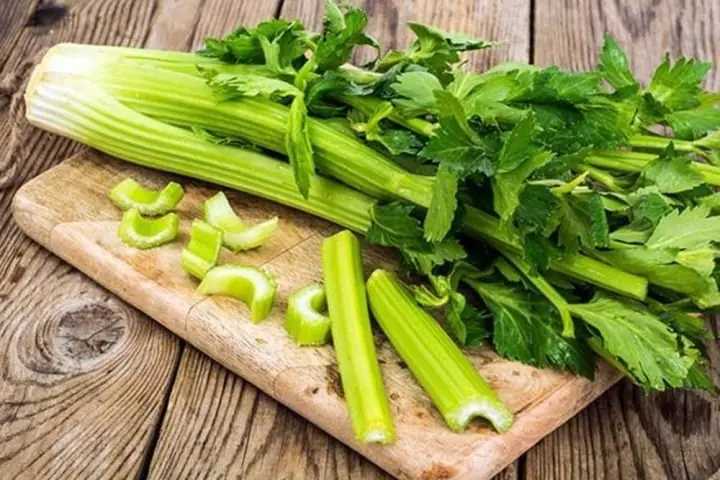
Doctor’s Warning: Avoid Eating Celery with These Foods – It May Harm Your Health, and Many People Don’t Know It
Health News 24/02/2025 01:24

Is Oral Cancer a Result of Ignoring Symptoms? 6 Warning Signs You Shouldn’t Overlook
Health News 24/02/2025 01:09

Turn Overripe Tomatoes into Flavorful Tomato Powder Instead of Waste
Healthy 24/02/2025 01:06

Dates & Papaya: A Powerful Duo for Your Health
Healthy 24/02/2025 01:01
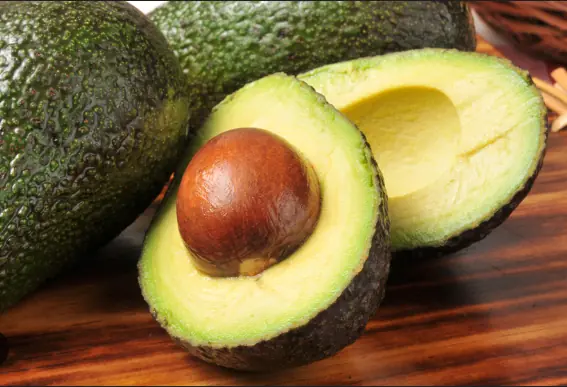
Avocado Seeds: 7 Powerful Reasons to Stop Throwing Them Away
Home Tips 24/02/2025 00:57

Is Lung Cancer Contagious? Can It Be Inherited? A Doctor Reveals the Truth
Health News 24/02/2025 00:56
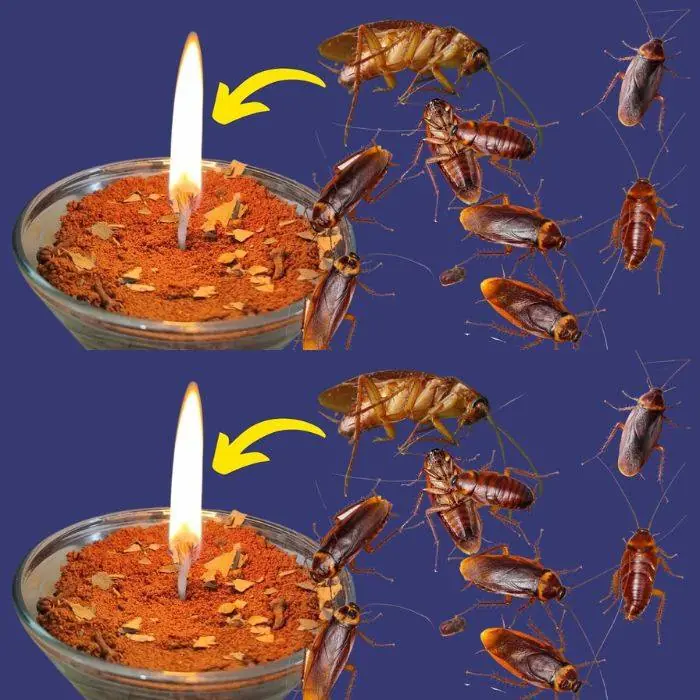
Say Goodbye to Flies and Cockroaches in Just One Hour with This Simple Trick!
Home Tips 24/02/2025 00:54

Garlic, Honey, and Cloves – A Powerful Natural Remedy for Better Health
Healthy 24/02/2025 00:50

5 Essential Leaves to Naturally Enhance Eye Health
Healthy 24/02/2025 00:43

Doctor’s Warning: People Prone to Pancreatic Cancer Tend to Share These Common Traits – Here’s What You Need to Know
Health News 24/02/2025 00:40

The Drink That Will Empty Hospitals in 2025 – Cures Diabetes, High Blood Pressure, and Cancer Without Medication
Healthy 24/02/2025 00:18

Blueberry Banana Smoothie – A Creamy & Nutritious Delight!
Smoothie 23/02/2025 23:50
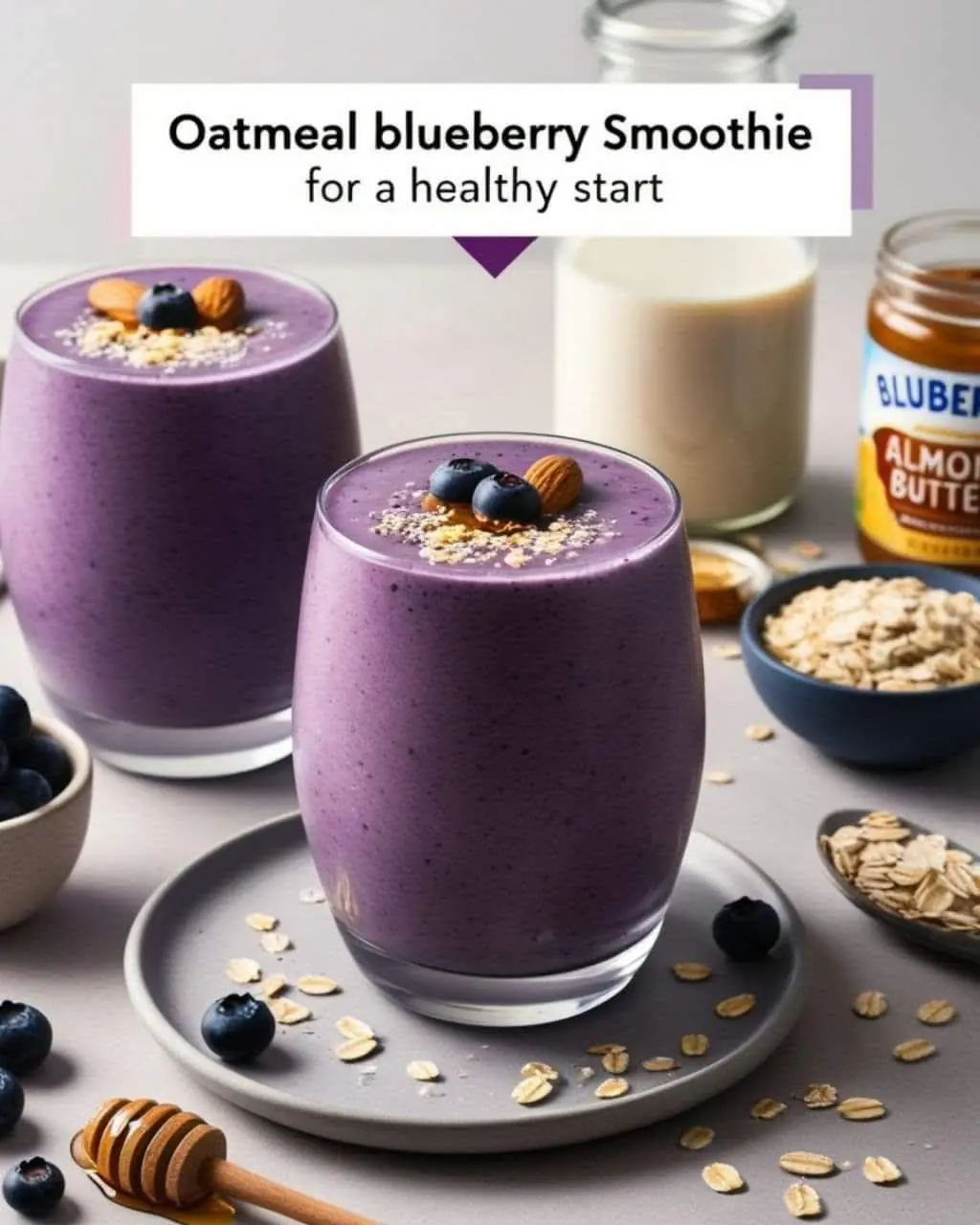
Oatmeal Blueberry Smoothie – A Creamy, Nutritious Breakfast in a Glass!
Smoothie 23/02/2025 23:48

Cattails: Nature’s Hidden Treasure for Nutrition and Survival
Healthy 23/02/2025 23:45

Carrot Pineapple Smoothie – A Refreshing & Nutrient-Packed Drink!
Smoothie 23/02/2025 23:45

Pineapple Mango Smoothie – A Tropical Delight!
Smoothie 23/02/2025 23:40